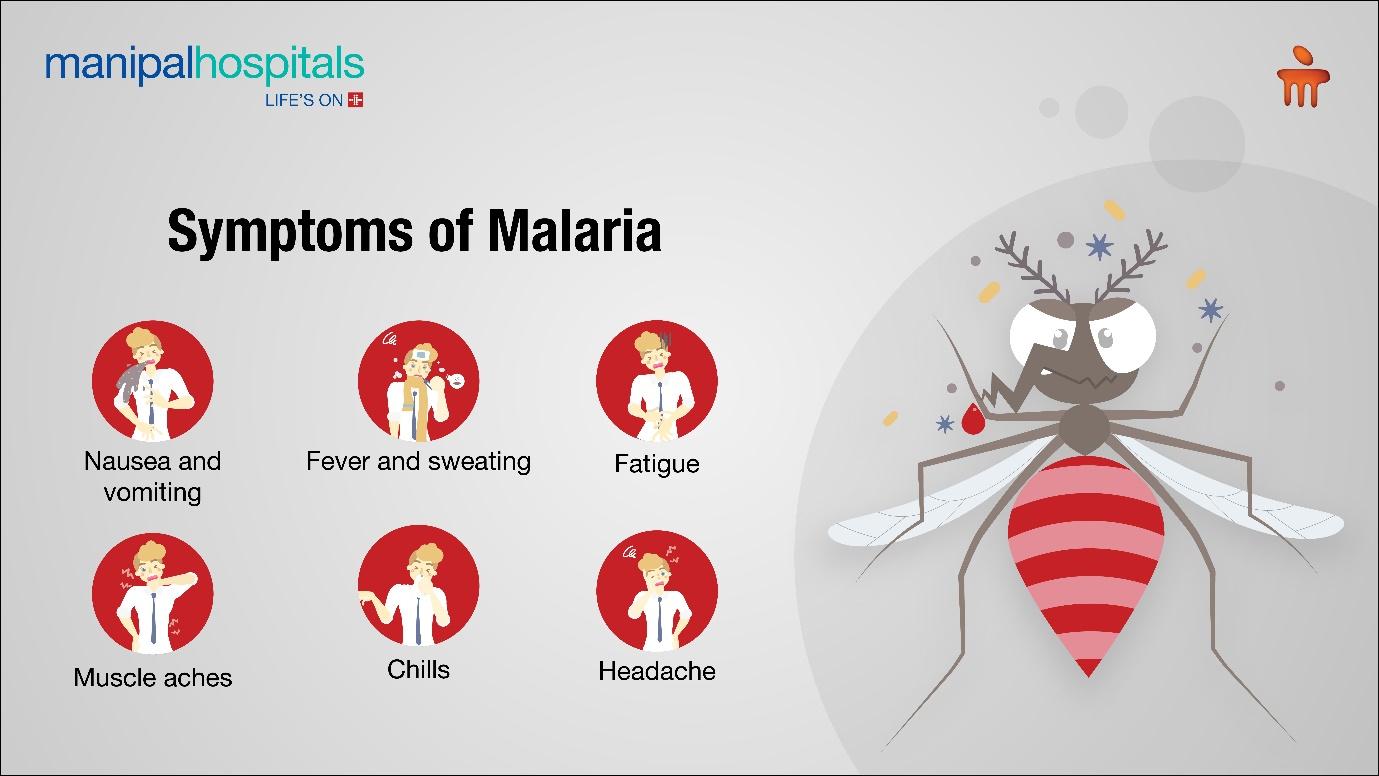
Malaria is a mosquito-borne transmitted disease spread by female Anopheles mosquitos. These mosquitoes are most active during the night, biting from sunset to dawn. Malaria affects millions of people worldwide, causing weeks of flu-like symptoms such as chills, fever, and intense fatigue, disrupting daily activities. Fortunately, malaria is largely preventable and taking preventive measures can significantly reduce the risk of infection. Let’s delve into the topic and learn how to safeguard ourselves from it.
Synopsis
What is Malaria?
Malaria is a parasitic infection transmitted through the bite of infected female Anopheles mosquitoes. These parasites invade red blood cells, causing them to rupture and wreak havoc on the body. People with weak immunity along with pregnant women, young children, and elderly adults are at higher risk of contracting malaria. If not treated timely, malaria can lead to severe complications like organ failure, seizures, coma, and even death.
How common is malaria in India?
Malaria prevails in tropical regions characterised by high temperatures and humidity. In India, it poses a significant public health challenge, with approximately 2 million confirmed cases and 1,000 deaths reported each year. However, according to the WHO South East Asia Regional Office, the actual figures are much higher, estimating around 15 million cases and 20,000 deaths annually. India shoulders the heaviest burden of malaria within the South East Asia (SEA) region, accounting for 77% of all malaria cases reported. In 2020, India accounted for 1.7% of global malaria cases and 1.2% of global malaria-related deaths.

Causes and Symptoms of Malaria
When a mosquito bites an individual with malaria, it acquires the infection. Subsequently, when this mosquito bites another person, it transmits the parasite into the bloodstream. Within the bloodstream, the parasites undergo multiplication. Symptoms typically appear within 10-14 days of an infected mosquito bite. They include:
How to Prevent Malaria?
Malaria prevention is a multi-pronged approach. Here are key strategies to keep yourself safe:
- Medications: Consulting a doctor before travelling to a malaria-endemic region is vital. They can recommend antimalarial medication based on your health, destination, and travel duration.
- Mosquito Repellents: Apply EPA-registered insect repellents or oil of lemon eucalyptus to exposed skin and clothing. Reapply at recommended intervals, especially after sweating or being in the water.
- Protective Clothing: Wear long-sleeved shirts, pants, and socks, particularly during peak mosquito-biting hours (dusk and dawn). Opt for light-coloured, loose-fitting clothing that allows for air circulation.
- Bed Nets: When sleeping outdoors or in non-air-conditioned rooms, use a long-lasting insecticidal mosquito net treated with insecticide. Tuck the net securely under your mattress and ensure there are no holes.
- Indoor Residual Spraying (IRS): If staying in a malaria-endemic area for an extended period, consider advocating for IRS in your living quarters. This involves spraying the walls and eaves with a long-lasting insecticide to kill mosquitoes.
Diagnosis and Treatments
Early diagnosis and treatment are crucial for a full recovery. Doctors typically use a blood test to detect malaria parasites. Treatment involves antimalarial medications prescribed by a healthcare professional. The specific medication and duration of treatment depend on the severity of the infection and the type of malaria parasite.
Malaria Disease Prevention
Malaria is a preventable disease. By staying informed, taking antimalarial medication when recommended, and implementing prevention and control of malaria like mosquito repellents and bed nets, you can significantly reduce your risk. Awareness is key to staying safe, share this knowledge with friends and family travelling to high-risk areas. Let's work together to prevent malaria from disrupting lives.
FAQ's
Yes, you can prevent malaria by taking proactive measures, such as using mosquito repellent, sleeping under insecticide-treated nets, and taking antimalarial medication to high-risk areas.
No, malaria cannot be spread directly from person to person through casual contact.
Infants, young children, pregnant women, and people with weakened immune systems are more susceptible to severe malaria.
Currently, there is no widely available malaria vaccine. However, research is ongoing.





















 4 Min Read
4 Min Read




.png)







